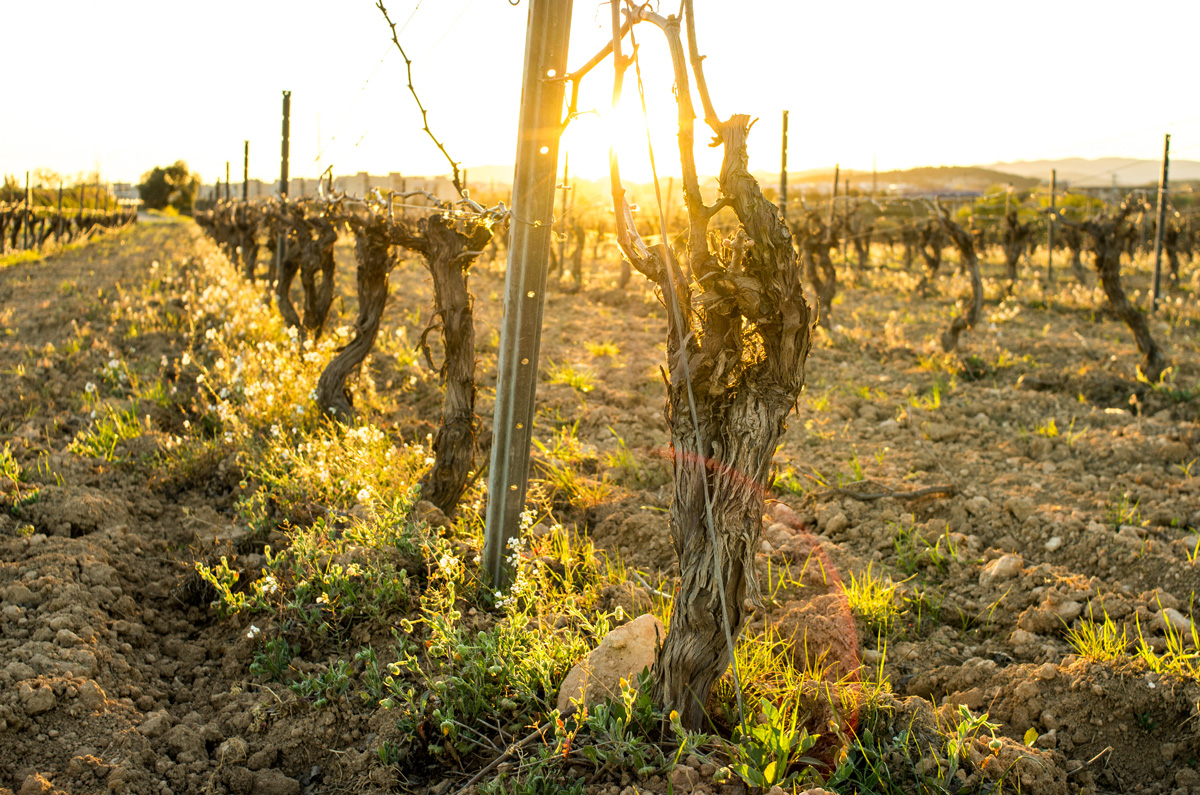
Wine Culture Magazine

Sandra Oldfield. Supplied photo
The COVID-19 pandemic that is ravaging our economy is unprecedented in modern history. But it is not the first disaster to upend business as usual. And Sandra Oldfield, the president and CEO of Elysian Projects, knows that wineries can take the lessons learned from previous crises and use them to good effect now. That advice, it turns out, is helpful to everyone.
Before starting Elysian Projects, Oldfield was for many years the winemaker, co-owner and CEO at Tinhorn Creek Winery. She has seen how local and world events—ranging from seasonal wildfires to 9/11—have affected the industry, and has taken note of how those who survived managed to ride out the storm.
A couple of weeks ago, as the likely impact of COVID-19 was becoming apparent, she took all that knowledge and distilled it into a blog post that has resonated with people in the industry and beyond. It was so eloquent and useful, in fact, that we asked her if we could reprint it so our readers could take comfort and advice from her expertise.
So here it is.

istockphoto.com
By Sandra Oldfield
It occurred to me that many B.C. wineries were not in existence during our last major crisis—not the month-long disruptions caused by forest fires, SARS and Alberta boycotts, but September 11, 2001. Even for wineries that were in business 19 years ago, many may have forgotten how that impacted our industry. When tourism was disrupted as it was post-9/11, it not only resulted in fewer people walking through cellar doors, but it also had a big impact on sales in the Lower Mainland and beyond. People ate out less in restaurants, retail sales were mostly flat (in some cases slightly up) and events were nonexistent.
With the COVID-19 virus, the same thing is happening, but on a much larger scale. We have been rather isolated where most wineries are located, the Okanagan Valley, because as I write this, the outbreak has not yet taken a foothold here. But it is only a matter of time. Tourism will be impacted to an even greater extent because during this crisis, even locals may start staying away from wine touring. In contrast, after 9/11 the locals seemed to still support our industry and it was mainly the international tourists that stayed away.
The other phenomenon that happened after 9/11 was the huge rebound that happened nine months later when the crisis was over. Pent-up demand to get back to travelling and spending took over and British Columbia had its largest tourism year still to date in the summer of 2002.
Below are my ideas for what wineries should be doing right now—and I mean now—to prepare for the crisis that is upon us:
If there is one thing that many B.C. wineries are good at, it’s their ability to isolate themselves from the rest of the industry. Now is not the time to do that. I suggest every winery seek out a buddy winery—one in their area—that can help them weather this storm. This can be a winery that you already have a relationship with or one you may have always wished to have a relationship with. It doesn’t matter if you’re the same size or not. It doesn’t matter if you are new to the industry and they have been around for decades. You can always learn from one another.
Buddying up with another winery will allow you to combine information that you are hearing from the marketplace, come up with strategies on how to handle sick employees or ones that want to work from home and even to begin conversations on how you can share part-time employees during this time.
If every employee, both part time and full time, seasonal and permanent, had to work from home, could they do that? The answer is probably “no,” but often wineries stop there. “No, cellar, vineyard and hospitality employees cannot work from home,” I can hear you say. Don’t discount this idea out of hand. Every employee has work that must be done at the winery, there is no doubt about that, but almost every employee also has work that can be done at home.
Your tasting room employee can update mailing lists from home. They can update credit card information for your wine club and they can look for innovative items for sale in your tasting room for when the flow of customers surge again. Cellar employees can get caught up on paperwork, inventory, bid equalization, capital purchases, packaging decisions and procedure writing from home. Vineyard employees may not be able to do much work from home, but it is a great time to begin implementing a more rigorous health and safety program and maybe that can be done for a few hours in the afternoon once fieldwork is complete.
Get good at using Google hangouts or Zoom or any of the various programs out there that help with video meetings. If you’ve never held a management meeting virtually, now is your time to learn. If you don’t learn now, you won’t be ready for the next crisis—and there will always be a next one.
A possible slowdown in business allows every person who works at a winery to do those activities that they often put off during the year because they are running at breakneck speed. When was the last time you took a look at updating your business plan? When was the last time you had a strategic planning session? What was the last innovation you put in action?
Right now the B.C. wine industry is launching the new sustainability certification program—is that something you can now tackle? Do you have all the human resource programs in place at your winery? Have you renewed your marketing plan? Do you have a social media-planning calendar? Have you put in place a preventative maintenance program or updated your WHMIS sheets or started Health and Safety workplace inspections? When was the last time that you had heart-to-heart conversations with your employees outside of a performance review? Do you even do performance reviews?
When times are tough it is not time to pull back and withdraw. It’s time to leap-frog over your old self and reinvent your new self. Grow the pie. Up your game. I can guarantee that your smart competitors will be doing this.
There are two ways to make money—increase your revenues and decrease your expenses. Now is the time to figure out ways to do the latter.
At the winery I used to run we called this a “rock list.” In other words, what rocks could we look under and find cost savings? You may be thinking you are already running lean, and that may be true, but this time get all your employees in a room and brainstorm. They are the ones working the front lines and often know areas of fat that can be reduced without an appreciable loss to your image or business.
Get your employees in a room and come up with ways to shave costs. Put a dollar amount next to each and you will be surprised how small savings add up. Remember, there are two ways to make money and raising your prices or expecting bigger sales during the time of COVID-19 is just not a logical expectation. Do it by finding efficiencies and who knows, you may get into the habit making a “rock list” even when times get better.
As stated at the beginning, a period of increased tourism and growth will follow this downturn and you want to make sure your winery is positioned properly for when that comes.
You will need to ramp up tasting room employees—where are you going to find them? Are you keeping prospective employees in the loop as to when you will need them again? If you aren’t, your neighbour winery might be, and you will be struggling to get people in place at the same time that many other wineries will be looking to do the same thing. Have you planned for events that can be rolled out at any time of the year to take advantage of this increase in travellers? Are you producing marketing materials for your sales agents to utilize when restaurant orders pick up? There are a million ways to get your business ready for growth, but you need to know that growth will inevitably come.
Is your winery going to be ready to pivot and be prepared to capitalize on the increased sales opportunities or is it going to be caught flat-footed?
I hope this has given you some things to think about in preparation for this upcoming drop in business. Imagine in a few months your winery has formed a new friendship with another winery, has learned to trust employees and given them the flexibility they need to thrive, become more innovative and efficient and become more proactive rather than reactive.
Can your winery take the challenges and make them into something meaningful? It is not the crisis that defines us but how we deal with it.
Reprinted by permission from Oldfield’s Wanderings, originally published March 13, 2020. This has been lightly edited for length and style; to read the entire post, go here. For more on Elysian Projects, visit elysianprojects.com.

Vitis is is an indispensable seasonal guide for vintners, sommeliers and weekend imbibers alike that is dedicated to British Columbia’s rapidly evolving wine culture.

Vitis is is an indispensable seasonal guide for vintners, sommeliers and weekend imbibers alike that is dedicated to British Columbia’s rapidly evolving wine culture.
Copyright © 2025 - All Rights Reserved Vitis Magazine